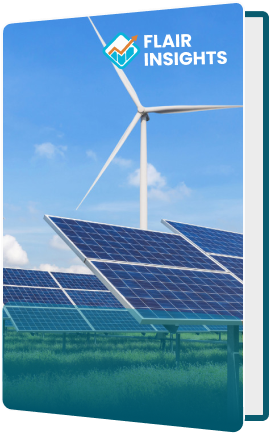
Global Drinking Water Treatment Facility Market Size By Type (RO, Distillation), By Application (Commercial Use, Families Use), By Region, And Segment Forecasts, 2023 to 2032
Report Id: 20273 | Published Date: Apr 2025 | No. of Pages: | Base Year for Estimate: Apr 2025 | Format:
Drinking Water Treatment Facility Market Insights
During the projected period from 2023 to 2031, the Drinking Water Treatment Facility Market size is estimated to increase revenue and demand exponentially at a spectacular CAGR. The demand for retaining Drinking Water Treatment Facility for the 2031 operations across the global position is increasing, which is the cause of the request's increase. According to the country's situation, the research offers insight into the economic opportunities in the Drinking Water Treatment Facility Market. Additionally, the research provides a detailed breakdown of the price, components, trends, geography, and marketable development of the most significant players for the anticipated term.
A recent study Various competitive request qualities and rudiments, such as request description, dynamics, exploration methodology, parts, and competitive location, are fairly estimated in a report by Flair Insights. The research also offers insight into the Market Analysis & Product Development Platform, which assesses the demand's current position and strategies for future growth and expansion.
The examination of the growth rate, trends, and significant changes that are significantly influencing the request are all included in the request dynamics member. This coherent analysis offers a comprehensive view of Assiduity trends and includes several drivers of request increase. It also keeps track of recent changes in demand to aid business owners and executives in increasing their profits. The Market research provides Business owners with a detailed script of the request, including access to long-term opportunities, significant assiduity drivers, circumstances, obstacles, protrusions, existing and future request openings, and colourful request characteristics.

Speak with an analyst to get exclusive insights tailored to your needs
.png)
